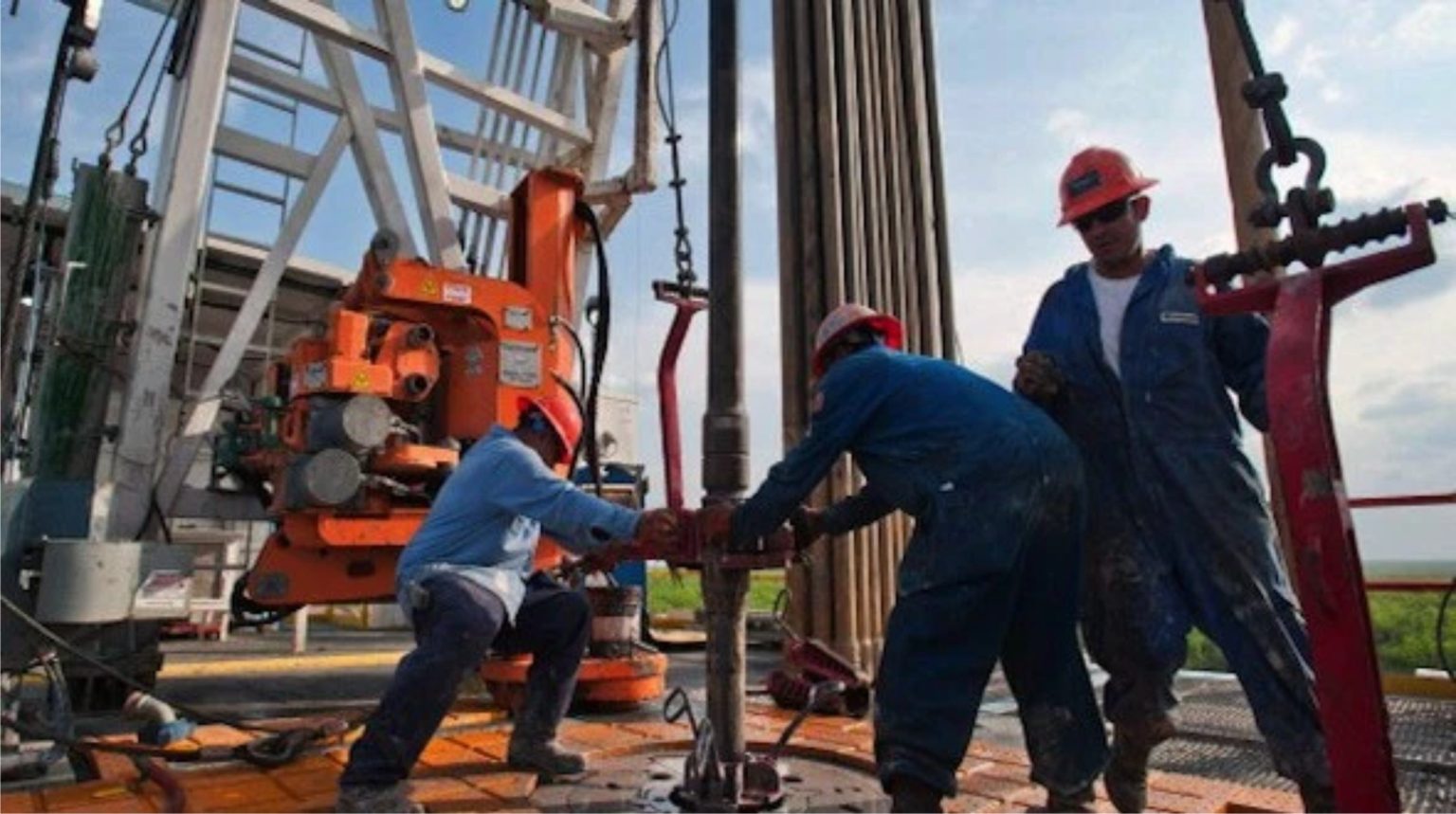The Allegation of Substandard Crude Oil Imports and Its Implications for Nigeria’s Oil and Gas Industry
The Petroleum Products Retail Outlet Owners Association of Nigeria (PETROAN) has raised a serious concern regarding the quality of crude oil being imported into the country by some local refineries. According to PETROAN’s National Publicity Secretary, Joseph Obele, certain refineries have resorted to importing crude oil with high sulphur content, a move attributed to cost-cutting measures following the discontinuation of the naira-for-crude swap deal by the Federal Government. This allegation has sparked concerns about the potential negative impact on the quality of petroleum products, the growth of the Nigerian oil and gas industry, and ultimately, the welfare of Nigerian consumers. While PETROAN refrained from naming the specific refineries involved, the association emphasized the importance of upholding global standards for crude oil quality, particularly given the reputation of Nigerian Sweet Crude as a high-quality benchmark.
The core of PETROAN’s concern lies in the potential compromise of petroleum product quality due to the use of substandard crude oil. Crude oil with high sulphur content, often referred to as "sour crude," poses several challenges during refining and in the final products. Increased sulphur emissions contribute to air pollution and acid rain, posing environmental and health risks. Additionally, sulphur can corrode refinery equipment, increasing maintenance costs and potentially leading to operational disruptions. In the final products, high sulphur levels can negatively impact fuel efficiency and engine performance, ultimately affecting consumers. The association urged regulatory bodies to conduct thorough laboratory analyses of all imported crude oil to ensure compliance with required standards. This proactive measure is crucial to safeguarding the quality of petroleum products and protecting consumers from the potential adverse effects of substandard fuel.
The naira-for-crude deal, which allowed for the exchange of Nigerian crude oil for refined petroleum products, was intended to stabilize fuel prices and reduce pressure on foreign exchange reserves. However, its suspension has apparently created a cost-saving incentive for some refineries to import lower-quality crude oil. PETROAN cautioned that this practice could undermine the progress made in developing the Nigerian oil and gas industry, particularly given the country’s reputation for producing high-quality crude. The association also stressed the need for a thorough assessment of the naira-for-crude initiative’s first phase to determine the optimal path forward, considering the interests of all stakeholders, including consumers and industry players.
PETROAN’s concerns extend beyond the immediate implications of substandard crude oil imports to the broader issue of petroleum product pricing. The association acknowledged the recent increase in petrol prices and expressed concern about the potential for further price hikes following the end of the naira-for-crude swap deal. While acknowledging that competition within the downstream sector, as encouraged by the Petroleum Industry Act, could eventually lead to price reductions, PETROAN called for continued openness to refined product imports as a means to ensure price stability and energy security in the interim.
To safeguard the interests of its members and consumers, PETROAN pledged to take proactive measures, including conducting independent laboratory tests on refined petroleum products to assess their quality and identify sources of substandard fuel. This commitment reflects the association’s awareness of its role in protecting consumers and maintaining the integrity of the petroleum products market. By actively monitoring product quality, PETROAN aims to prevent the distribution of substandard fuel, thereby safeguarding both consumer interests and the reputation of the industry as a whole.
In conclusion, PETROAN’s allegations regarding the importation of substandard crude oil raise crucial questions about the quality control measures in place within Nigeria’s oil and gas industry. The potential consequences, ranging from environmental damage to compromised product quality and increased consumer costs, necessitate a prompt and comprehensive response from regulatory authorities. The call for thorough testing of imported crude oil, coupled with PETROAN’s commitment to independent product testing, underscores the importance of vigilance and proactive measures to protect the interests of both consumers and the long-term sustainability of the Nigerian oil and gas sector. A robust and transparent regulatory framework, coupled with industry-wide adherence to stringent quality standards, is essential to ensuring a stable and reliable supply of high-quality petroleum products for the benefit of all Nigerians.














